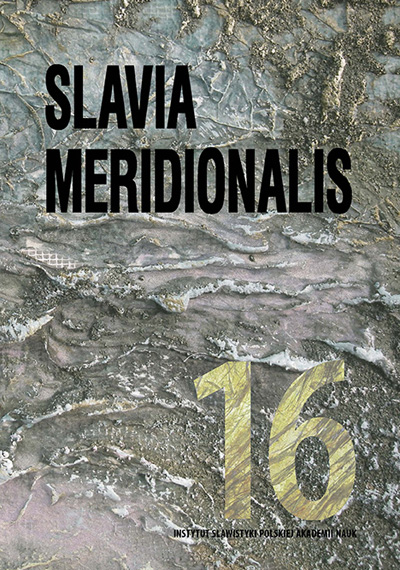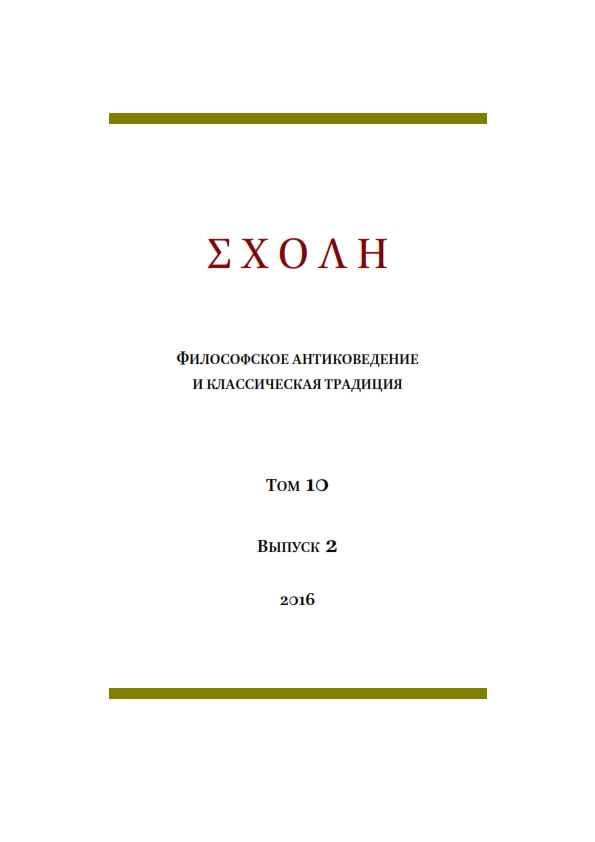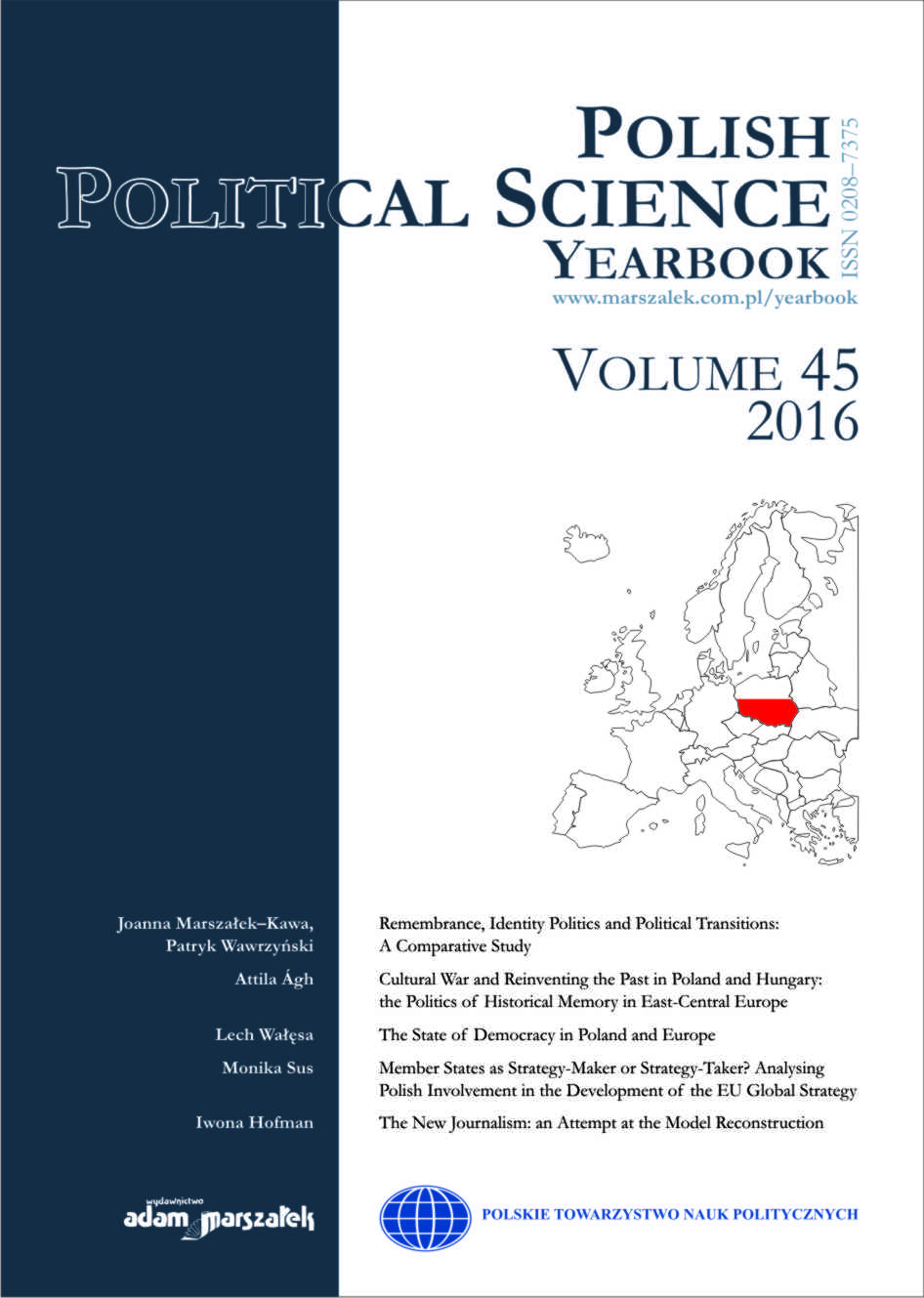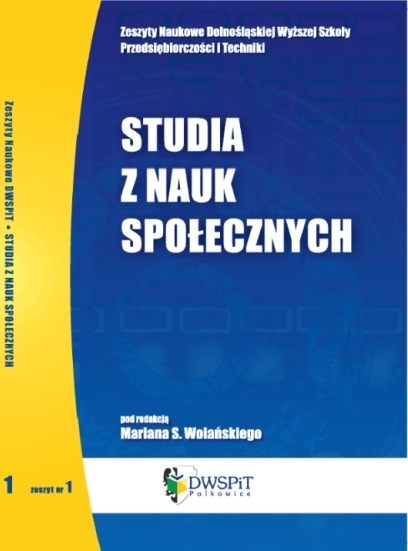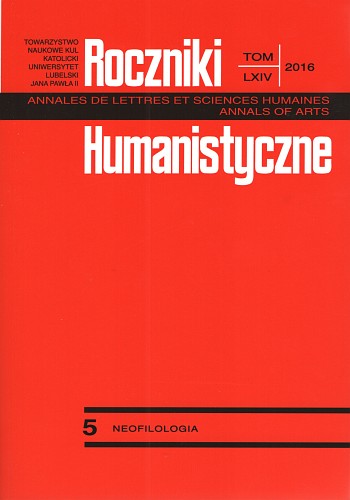
Parallax: Looking at the Medieval through the Modern Lens
The objective of the paper was to articulate the gap between the medieval manuscript and its modern editions. It emphasises the need to study medieval texts in their natural context, i.e. against the manuscript codex as only then do they speak in full voice. While the usefulness of electronic editions is indisputable, a linguist working with a modern edition of a medieval text must be aware of how far it departs from the text it intends to represent. Therefore, wherever possible, it is advisable to examine manuscript scans which are now widely accessible on internet sites of the libraries housing manuscript resources. It is of paramount importance not only as a way of verifying corpus examinations but also because manuscript examinations complement the findings based on electronic data by offering invaluable clues encoded in the materiality of the manuscript. This postulate is relevant both for historical linguistic analyses and translation studies, and is equally valid for literary studies.
More...
